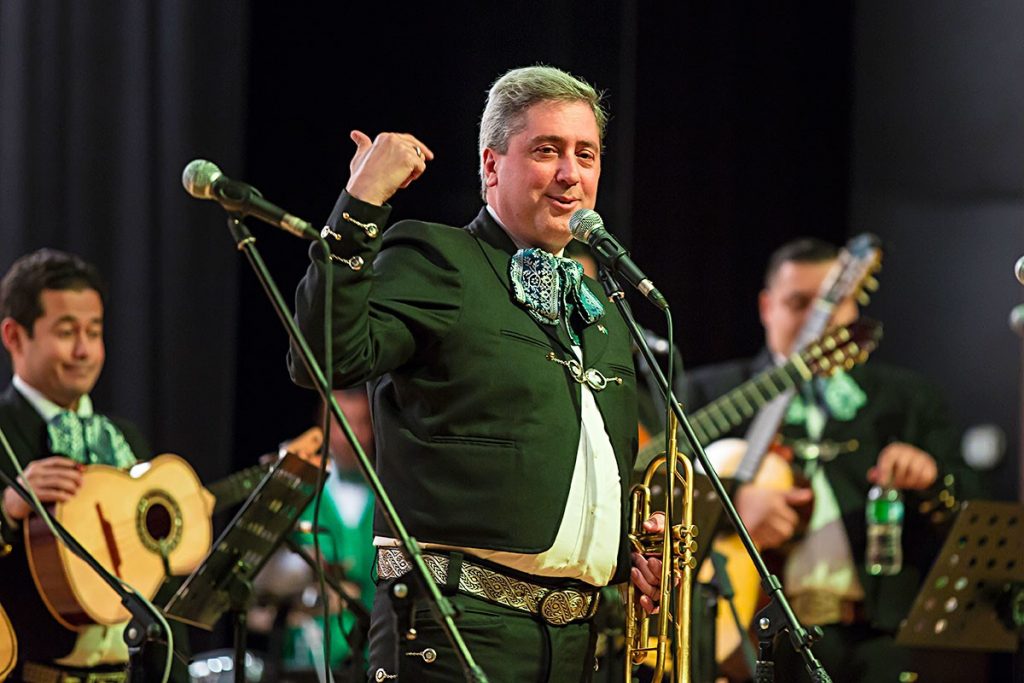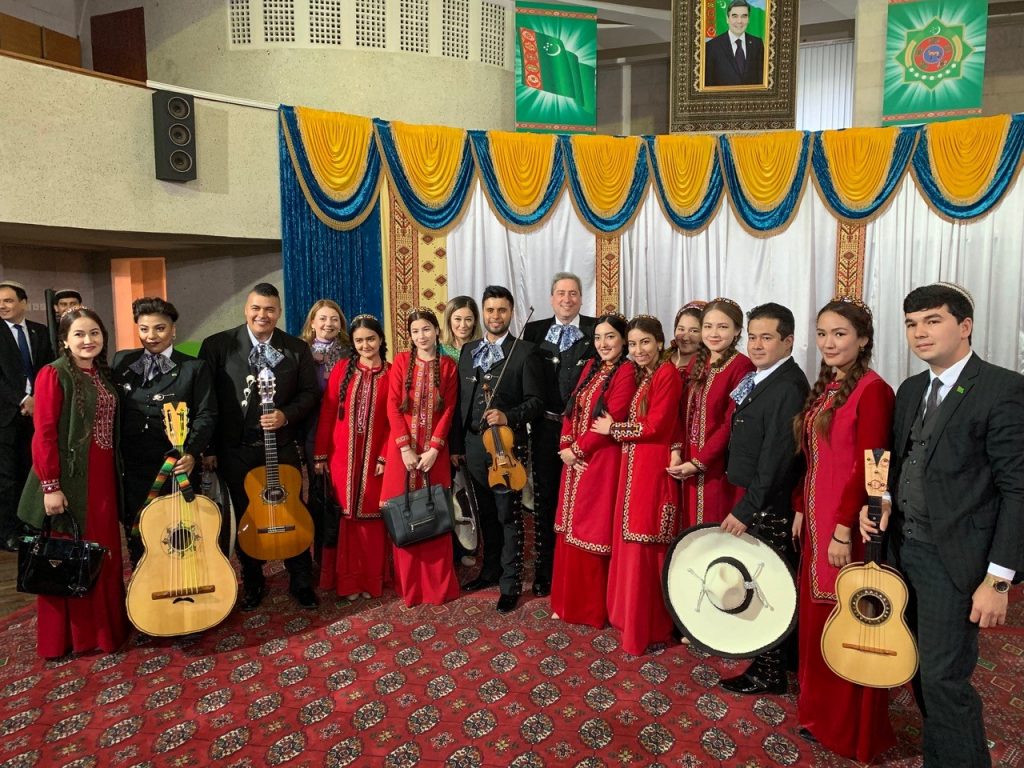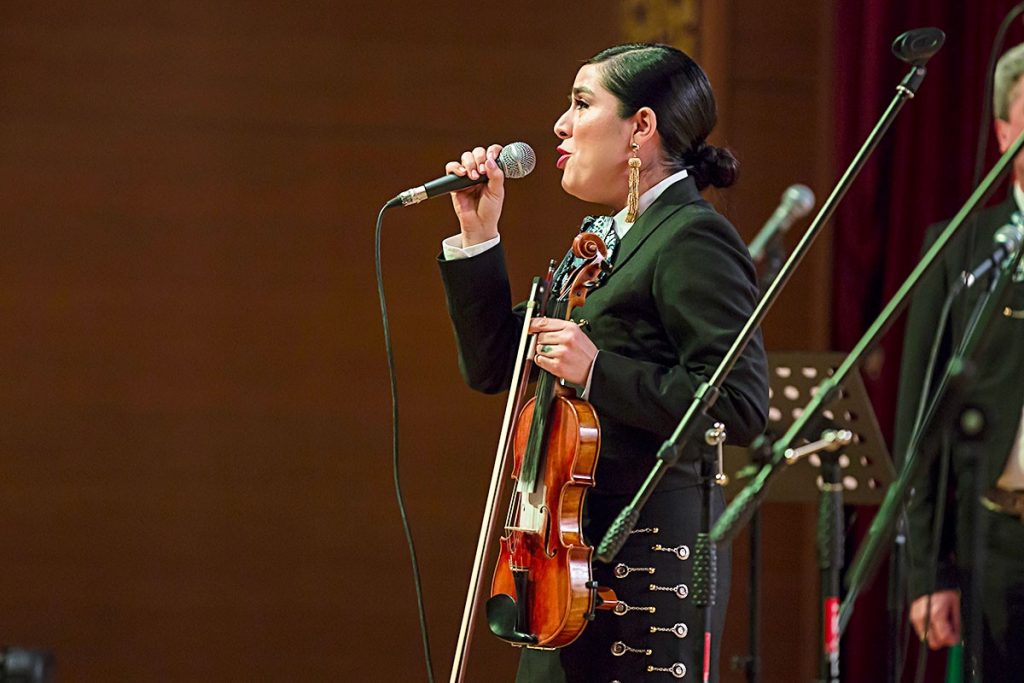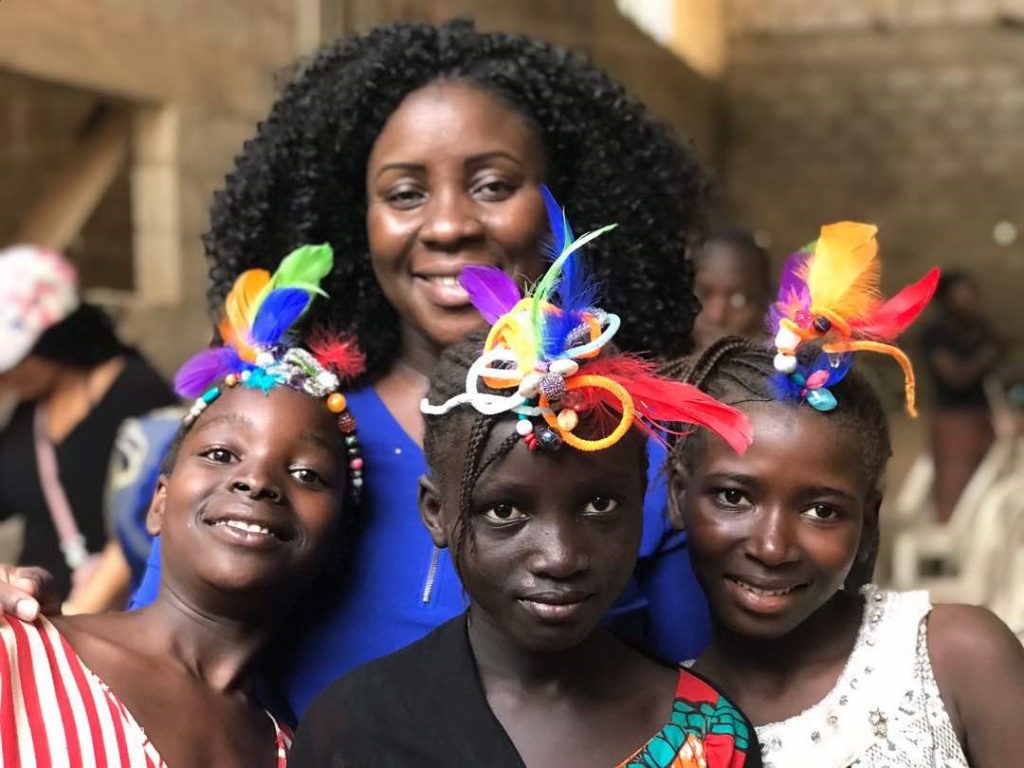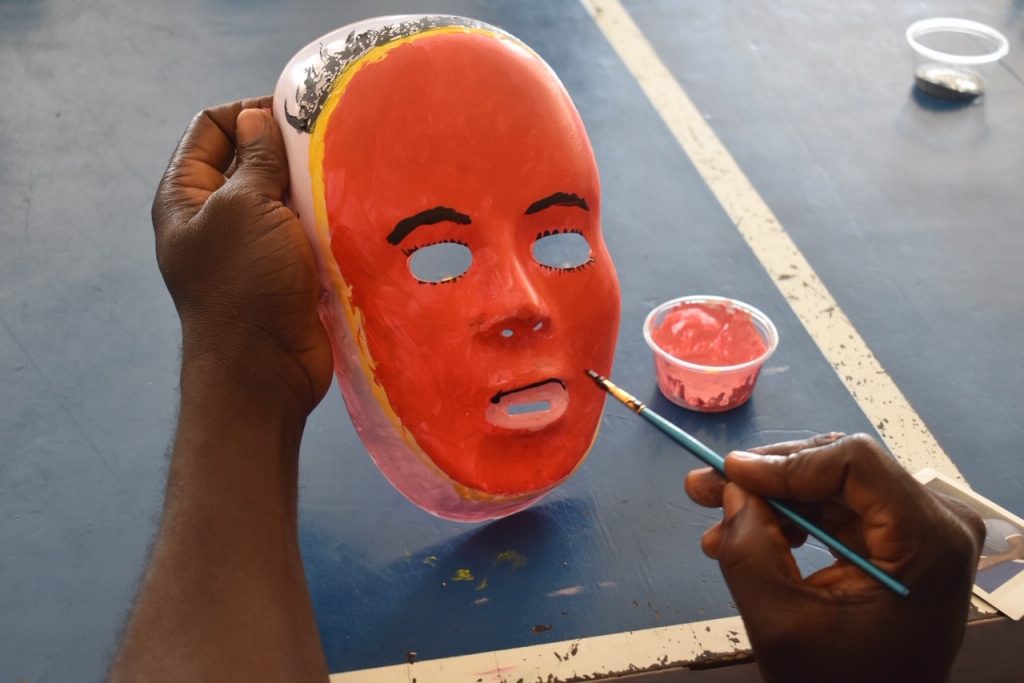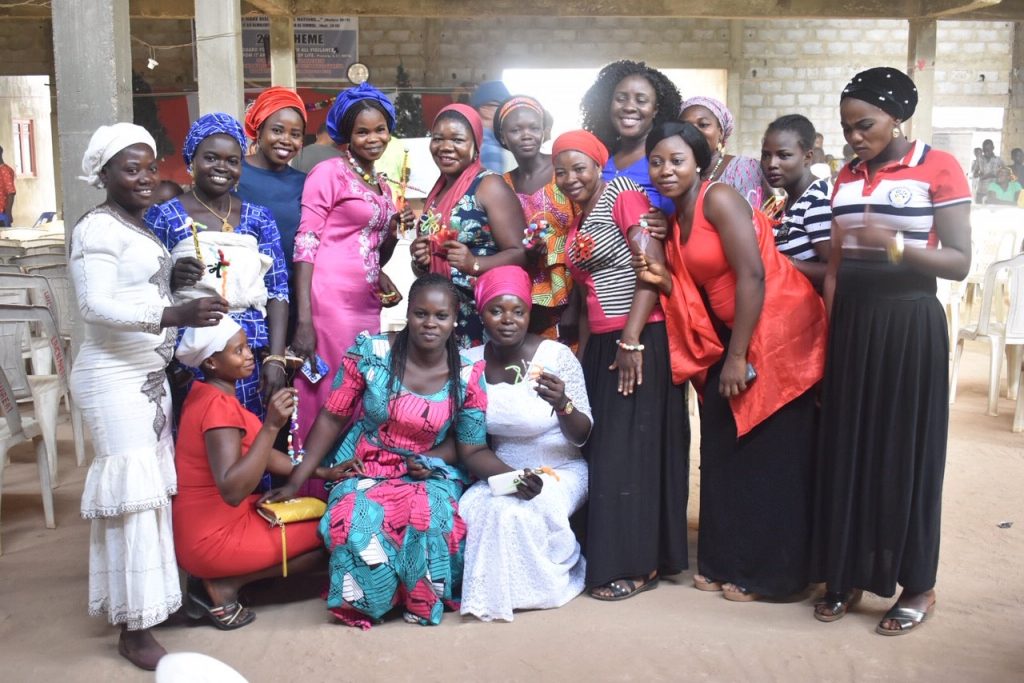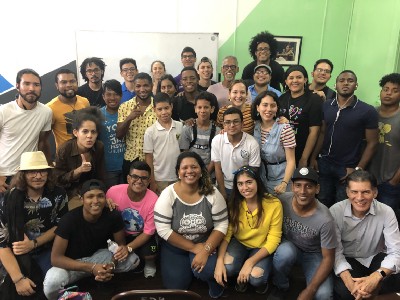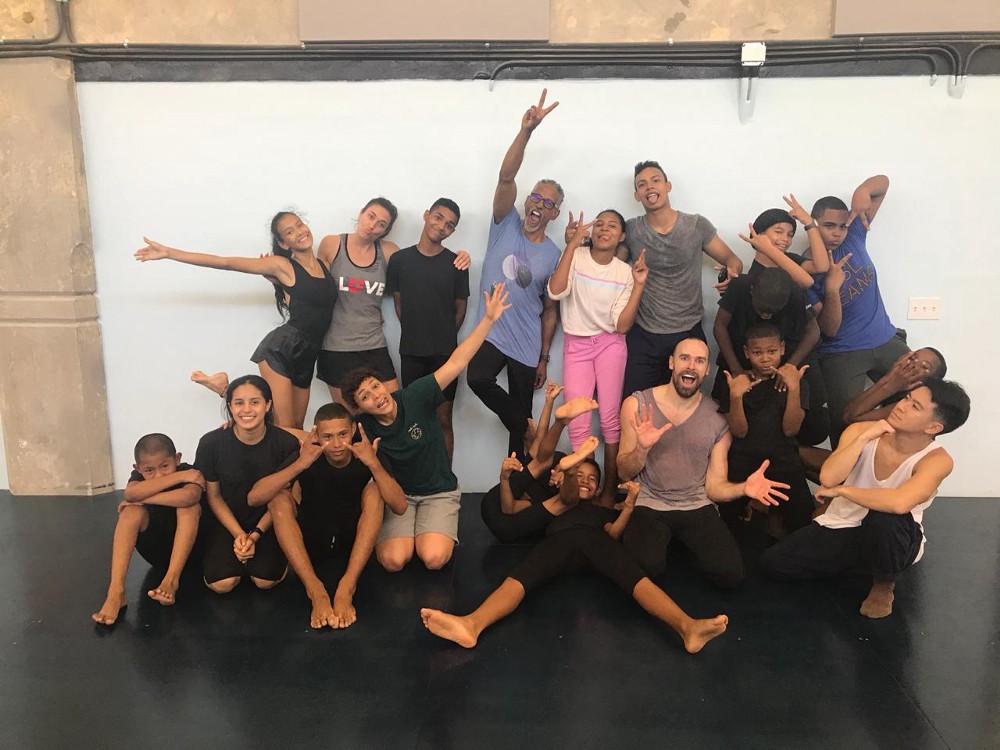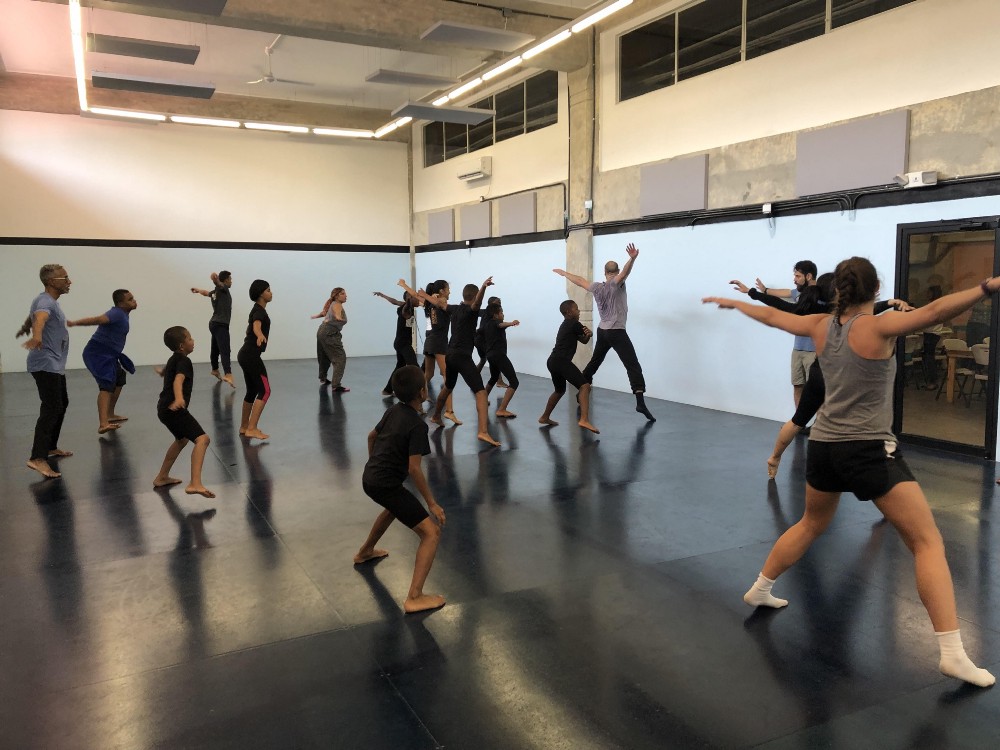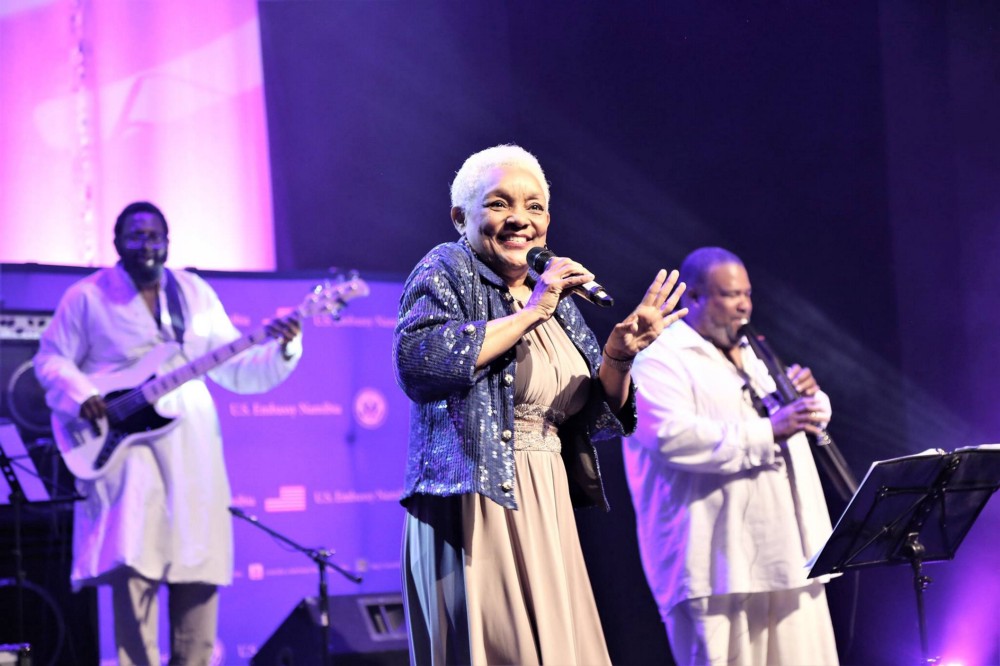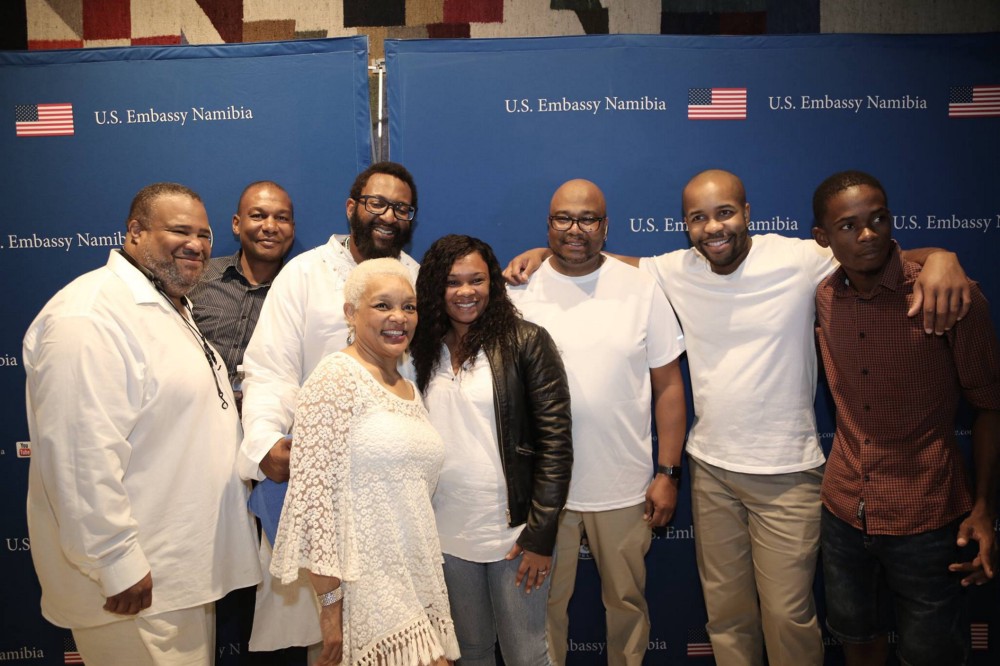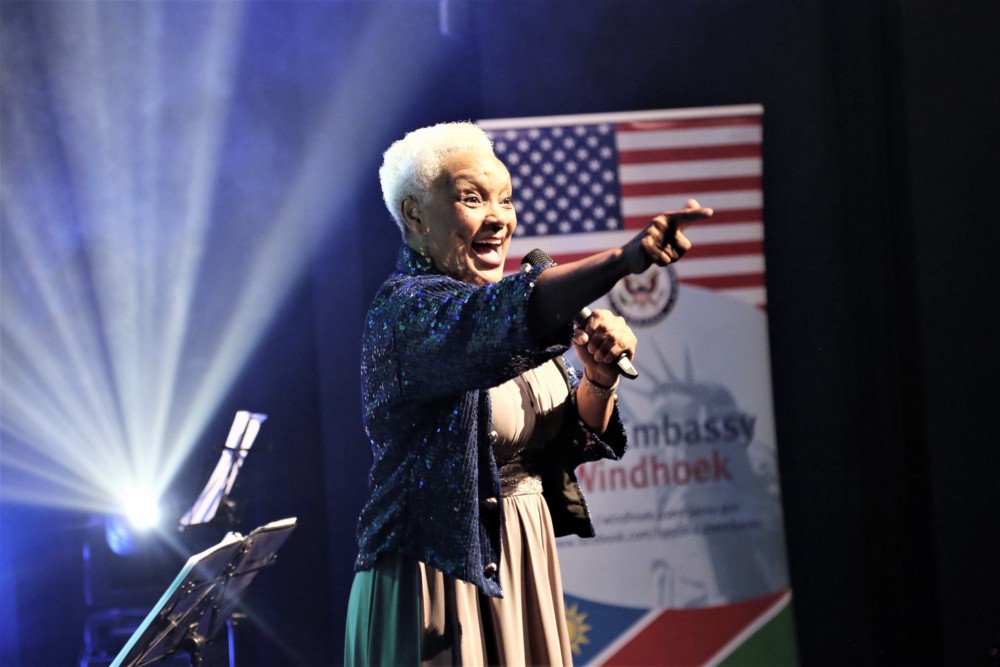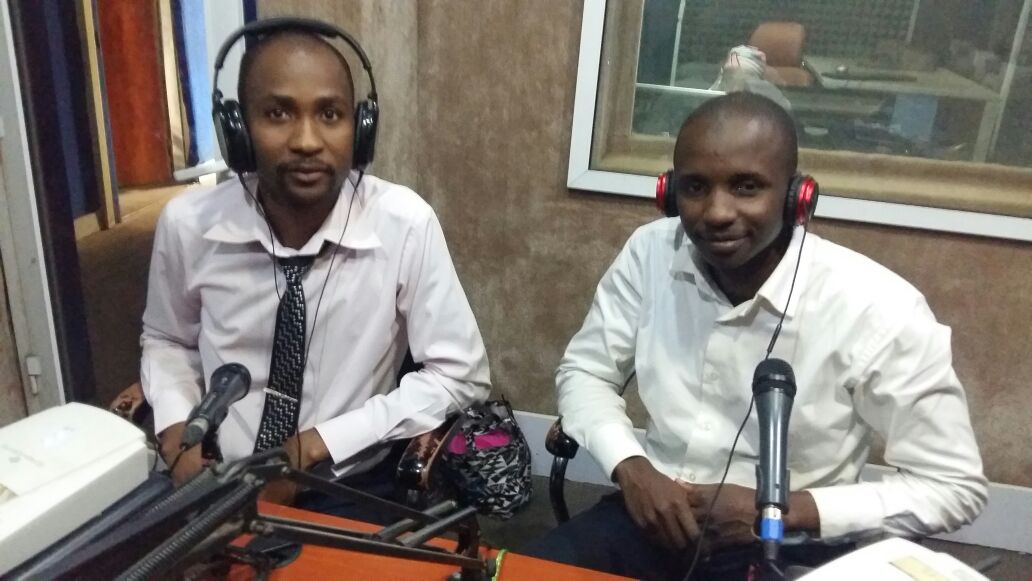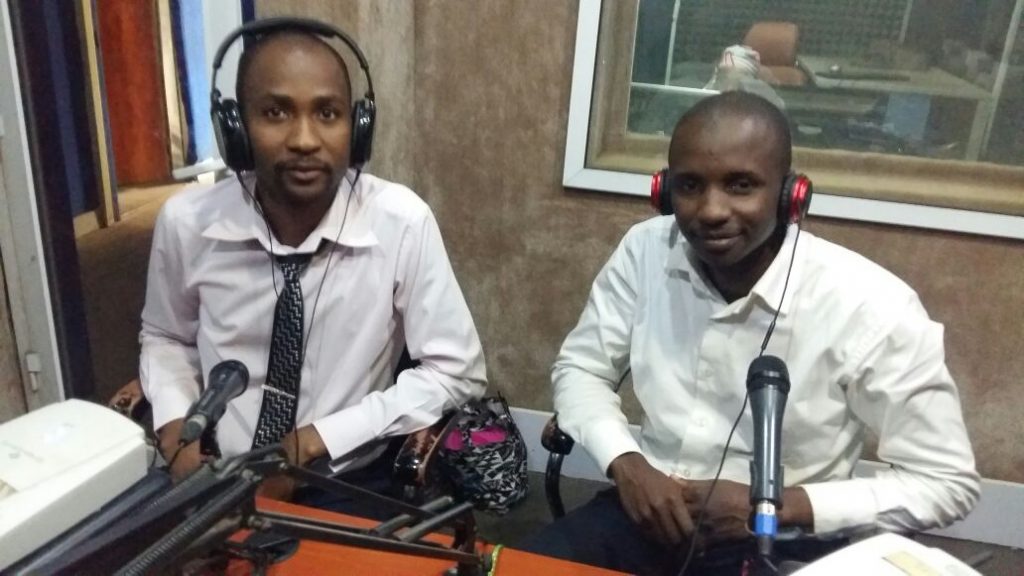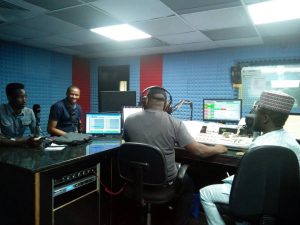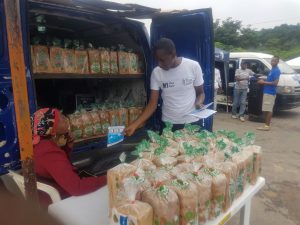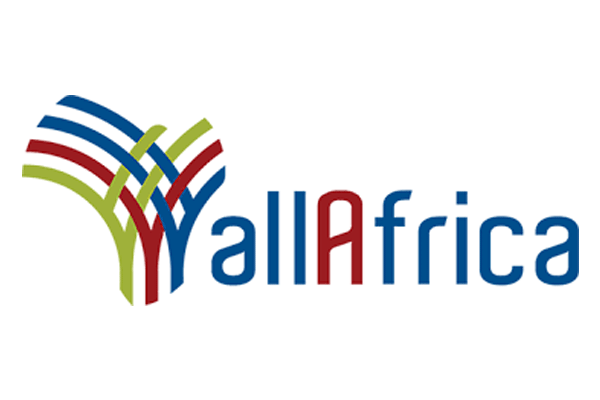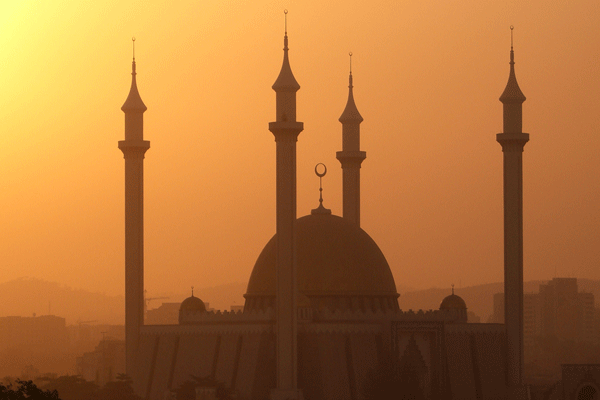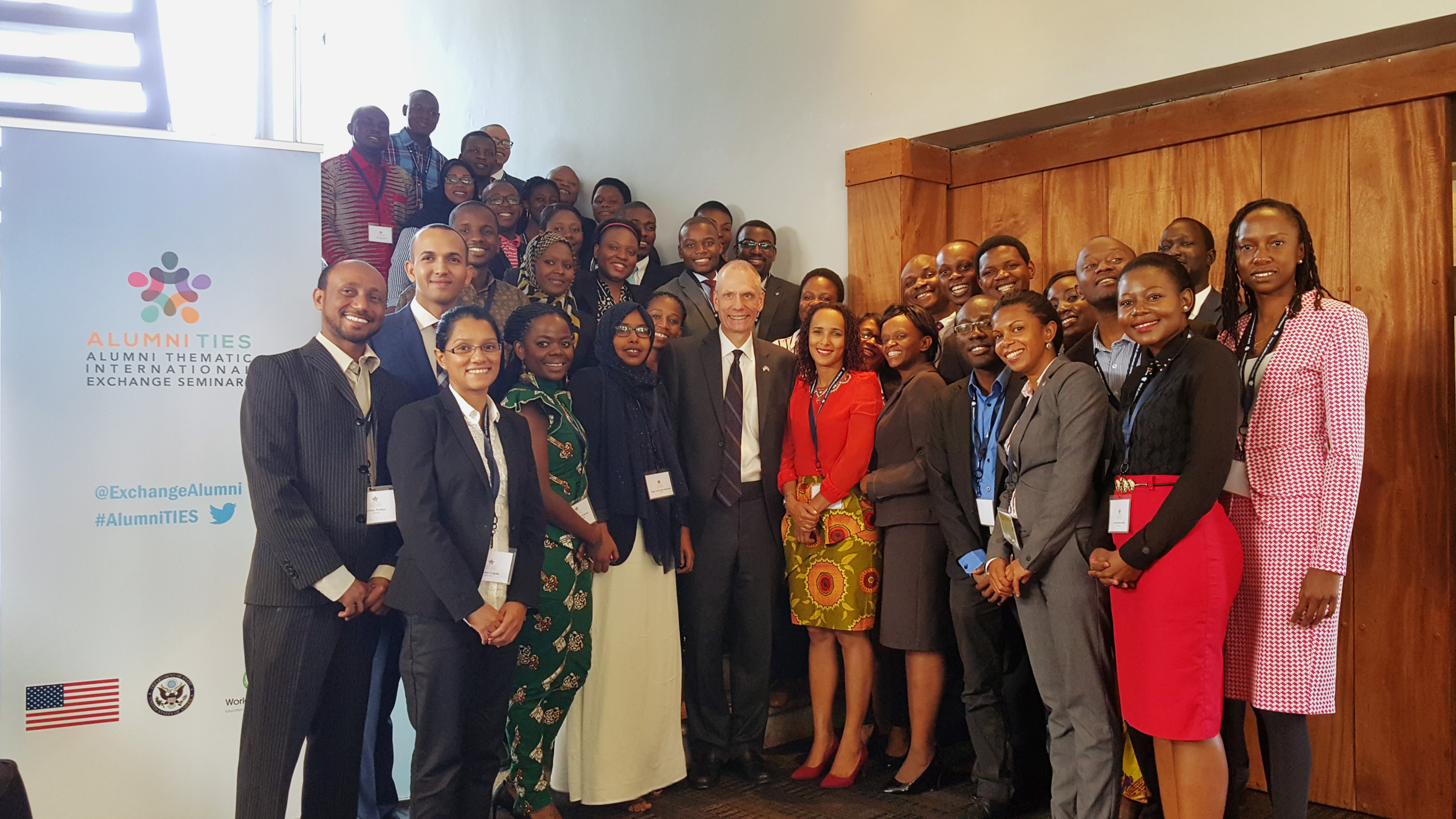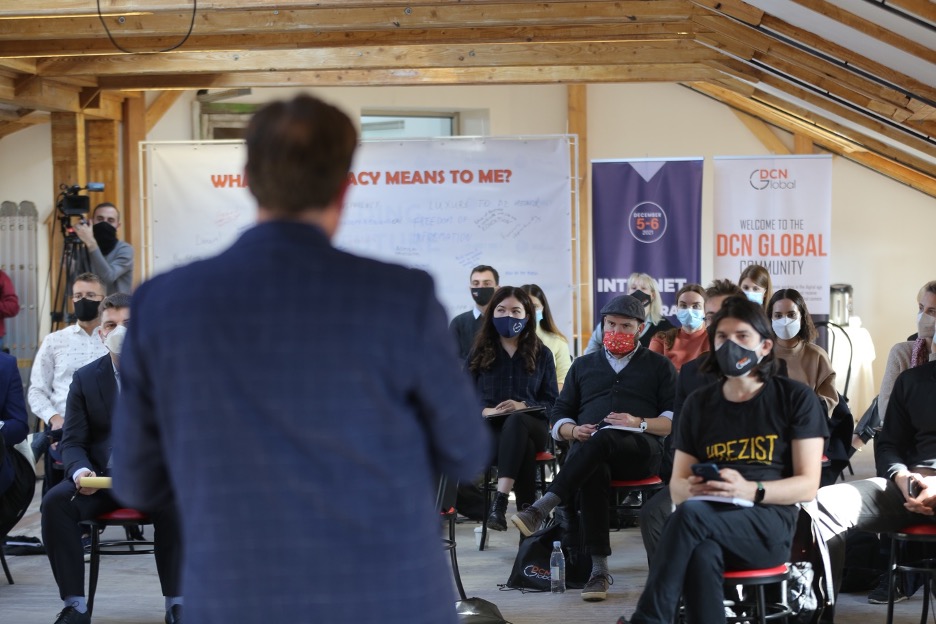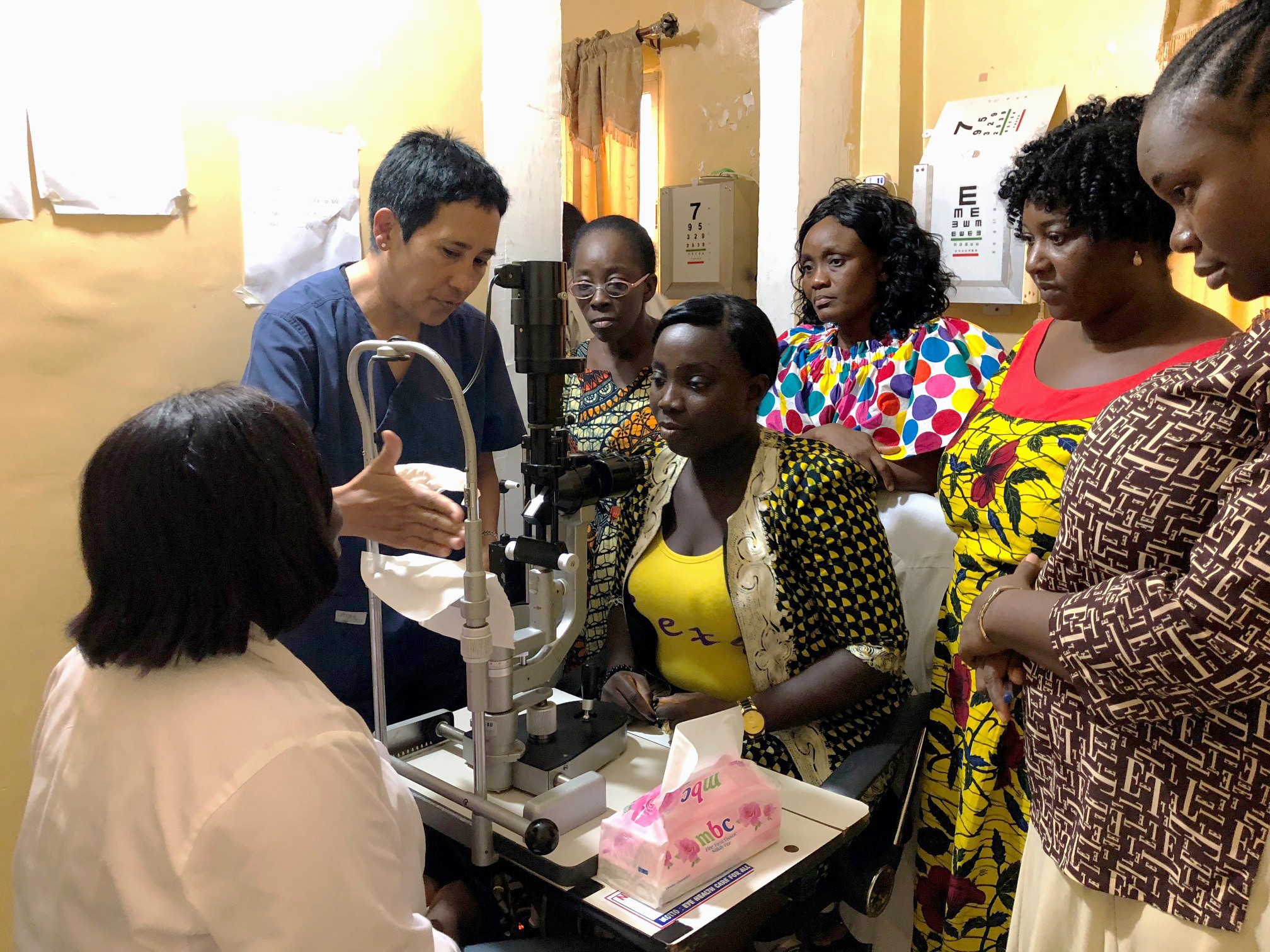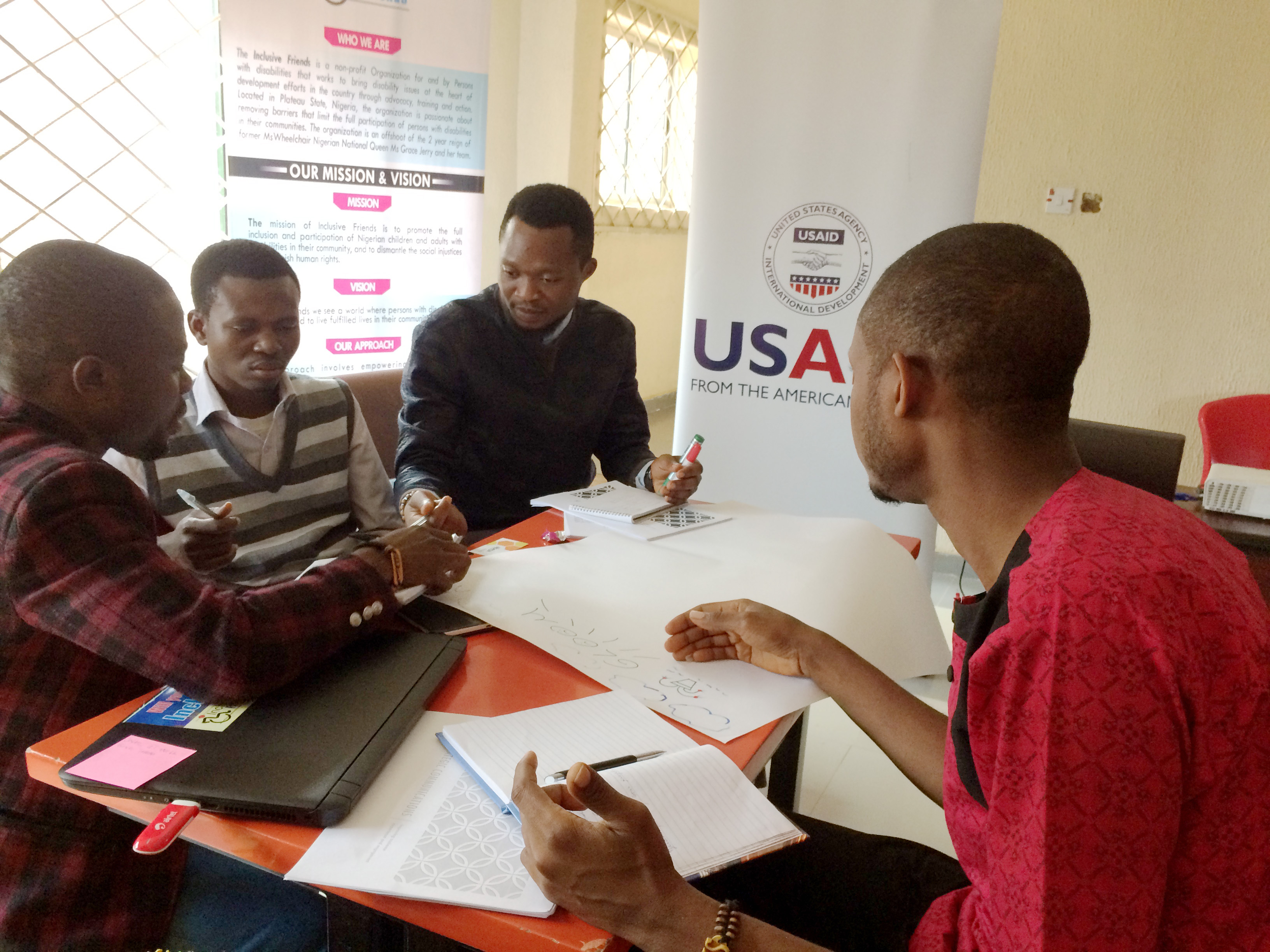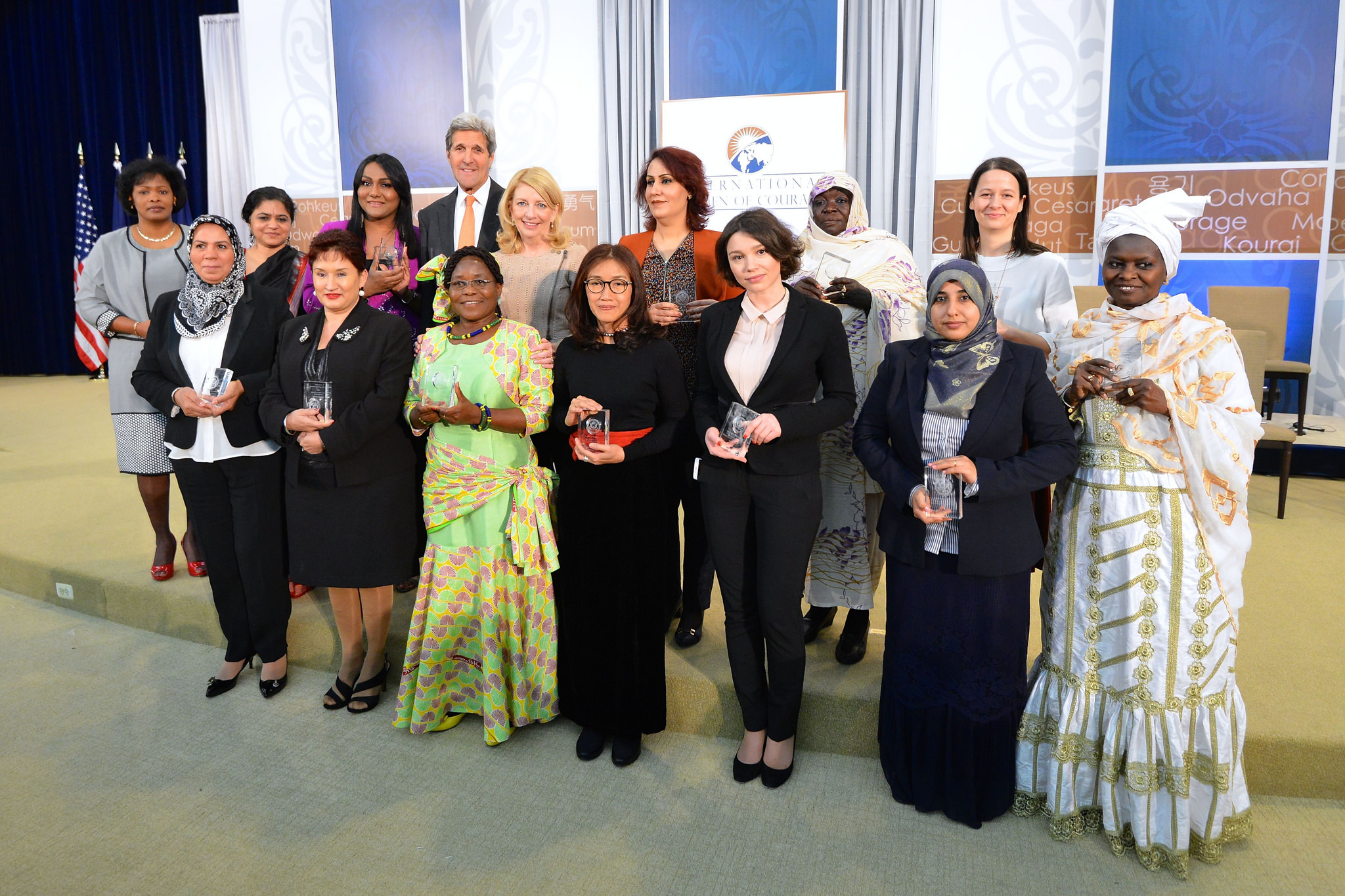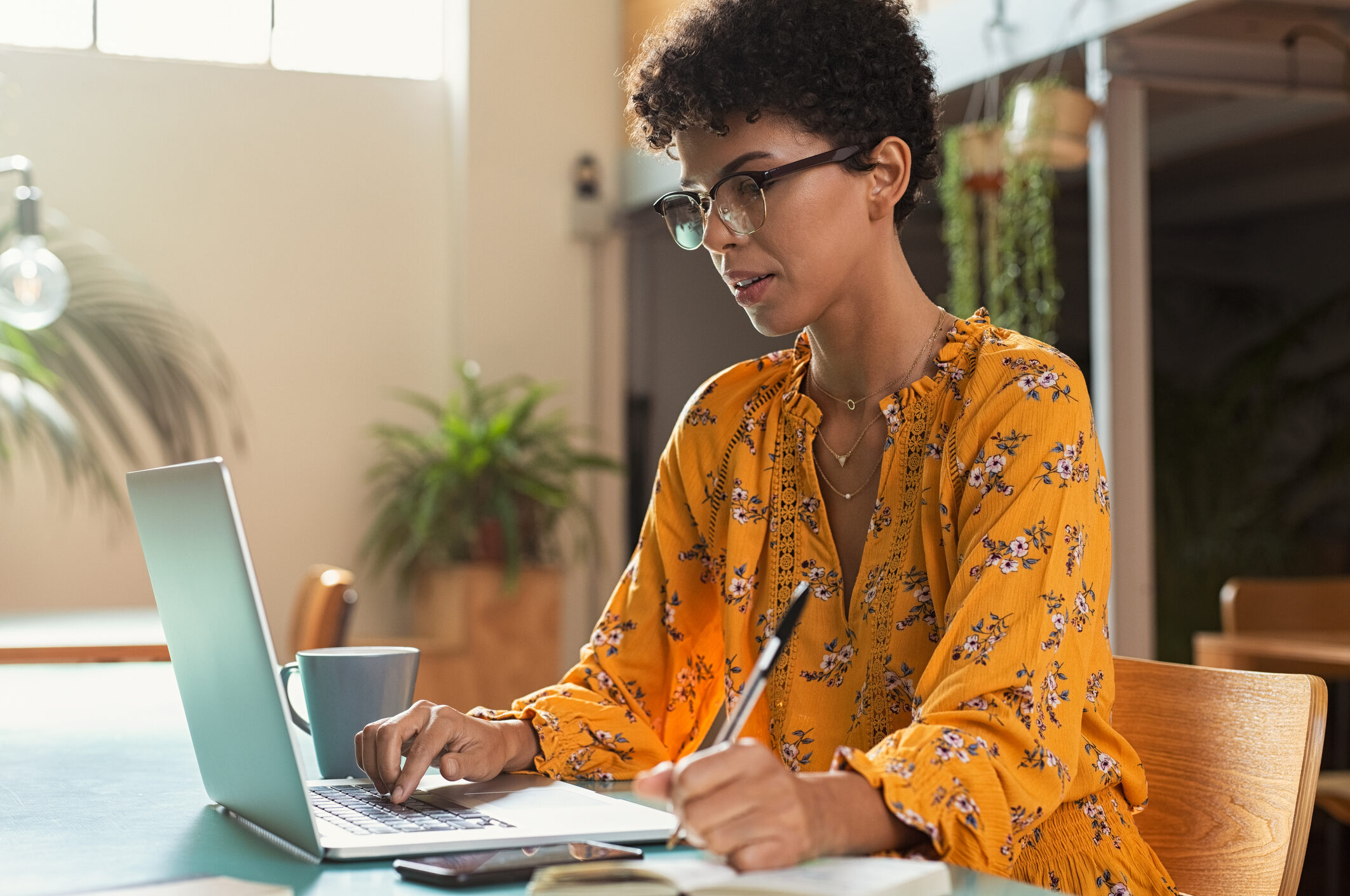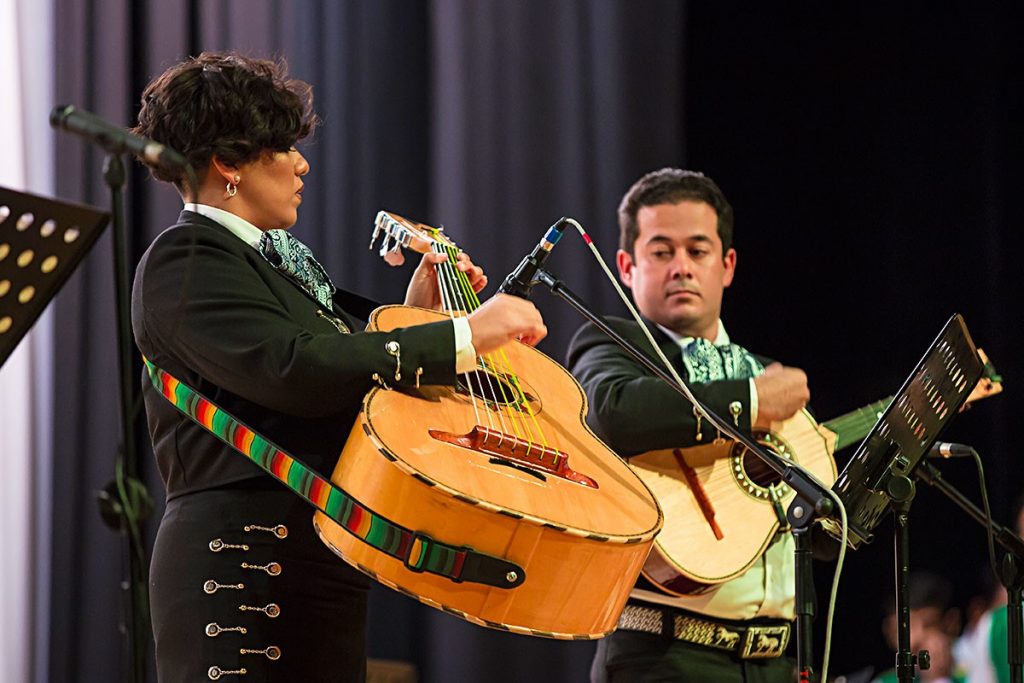
Art is one of the most powerful ways to communicate across cultures. When you’re expressing yourself through music, dance, visual arts or any other artistic medium, language barriers fall away.
The Arts Envoy Program — which is sponsored by the U.S. Department of State with funding provided by the U.S. government — sends artists and cultural experts from the United States abroad to share U.S. culture and society through their work. Arts Envoys work with the U.S. Department of State and individual embassies in each country to plan short programs that often include performances, workshops, seminars, and more.
World Learning has seen a lot of amazing projects since we began implementing the Arts Envoy Program on behalf of the State Department in 2016. Here, we’re highlighting a few of the many inspirational projects from the past year:
Mariachi Champana Nevin
Destination: Turkmenistan
Program title/theme: Southwestern American Music
Mariachi Champana Nevin traveled to Turkmenistan with one overall objective: for the people of Turkmenistan to get to know more about the U.S. through goodwill and openness. Known for its unique style of classical mariachi music, the ensemble performed and held master classes in the country’s capital city while also taking in performances by Turkmen artists. For their final performance, Mariachi Champana Nevin joined with the Turkmen National Orchestra to play pieces of mariachi and traditional Turkmen music that they had arranged for one another.
According to Mariachi Champana Nevin founder Jeff Nevin, the group used every opportunity to emphasize the multiculturalism of the U.S. — telling their audiences that not only were they U.S. citizens playing Mexican music, but that the U.S. embraces and identifies with music from all over the world. In a World Learning survey at the end of the program, he remarked that cross-cultural exchanges like the Arts Envoy Program are critical.
“If more people around the world could meet more people from different parts of the world, then I truly believe that there would be less conflict,” he wrote. “When people meet they begin to understand one another better … and music is a profound medium through which these connections can be made. Musicians understand one another, we don’t even need to speak — we simply play our music, they play theirs, we can perform together. That erases the boundaries that build up when people don’t communicate.”
Heather Maxwell
Destination: Togo
Program title/theme: Martin Luther King, Jr. and Civil Rights: The Music of the Struggle
Heather Maxwell knows what it means to share culture through music. This accomplished singer and songwriter is an ethnomusicologist and host of the “Music Time in Africa” program on Voice of America. In February, she traveled to Togo for a series of performances across the country honoring Martin Luther King, Jr. and Black History Month.
Hosted by the U.S. Embassy in Lomé, each performance was different in style — such as a formal concert at the U.S. Embassy and more informal performances at local schools — but came paired with an art exhibit about the U.S. Civil Rights Movement. Backed by a local choir, Maxwell performed a repertoire of songs that were important during the movement, taking time to explain each song’s personal and cultural resonance. While she spoke primarily in French, Maxwell also sang one song in Ewe, the language of one of Togo’s major ethnic groups.
Since her return to the U.S., Maxwell says she’s started playing a lot more Togolese music on her radio show and continues to build relationships with musicians and DJs from the West African country. These connections made her Arts Envoy experience a particularly rich one, she said in a program survey. “There was a truly wonderful exchange happening musically.”
Alby Gyimah-Boadi
Destination: Nigeria
Program title/theme: Transforming Youth Through Art
Not only does art help people share their lives across cultural barriers, it also has the power to heal. In December, Arts Envoy and art therapist Alby Gyimah-Boadi traveled to Nigeria at the invitation of the U.S. Embassy in Abuja to help people affected by conflict learn how to express themselves through art.
Gyimah-Boadi, a licensed graduate professional counselor, tailored her activities to each community she visited. For example, at a refugee camp for those who have been displaced by Boko Haram, Gyimah-Boadi taught women and children how to create strength dolls “to show that they had the strength within them to have gone through all that they did and survived.” She then met with incarcerated men and youth to explore identity by designing masks depicting how others see them and how they would like to be seen. “It seemed like this was the first time they had been given a chance to express themselves and have their side of the story told via art form,” she says.
Sharing that experience with people was exactly Gyimah-Boadi’s goal for the program. “Coming from a developing country (Ghana), I knew I always wanted to be able to take my profession back home and to other places that did not easily have access to this service,” she says. “Being in Nigeria and interacting with the various communities definitely was an eye opener in what things I need to consider when working with communities outside of the western hemisphere. This trip really broadened my horizons and made it made me more aware of how important it is to meet individuals where they are in terms of their healing.”
REALITY
Destination: Panama
Program title/theme: Theater and Contemporary Dance
In March, REALITY traveled to Panama to perform at the Festival Internacional de Artes Escénicas as Arts Envoys. But for the Los Angeles-based contemporary dance group, which is led by acclaimed choreographer, writer, and director David Roussève, this trip was more than just a performance abroad. “We were re-inspired,” says Leanne Poirier, a member of the group.
The Arts Envoy Program gave REALITY an opportunity to connect and share their passion with the people of Panama. They explored the city and went dancing for fun with their new friends. They led a workshop at a local dance academy, where Roussève also held a discussion with jazz students. They also held workshops at Enlaces, an after-school program for at-risk youth.
Poirier says the latter experience was particularly powerful. REALITY taught the Enlaces students a dance phrase from their piece and worked with them to choreograph their own duet phrases. Poirier was paired with a dancer named Luis, who spoke no English while she spoke little Spanish. But the duo learned to communicate through movement. “That inspired me to want to work more with communities in the U.S.,” she says. “Working with Luis was one of the most special moments of my career that I will never forget!”
The Myrna Clayton Experience
Destination: Namibia
Program title/theme: Promoting U.S. Culture Through Jazz Appreciation
Myrna Clayton believes that jazz has the power to cultivate the cohesion and unity that makes the world a better place. “Jazz is more than music — it is an example of how to get along while maintaining one’s uniqueness,” says the singer/songwriter and bandleader of The Myrna Clayton Experience. “Jazz is organized free expression and creative improvisation while remaining cohesive and unified.”
In March, The Myrna Clayton Experience traveled to Namibia to share their passion for jazz as Arts Envoys. Organized by the U.S. Embassy in Windhoek, the 10-day trip included interviews with Namibian media as well as seven performances across the capital city including public concerts, a concert at the U.S. ambassador’s house, jam sessions with local musicians, and workshops at an orphanage and a special needs school. As Clayton explains, their goal was to highlight jazz as an expression of U.S. history and a model for how others can build unity through individuality.
Each performance met with a tremendous response. “Everyone I met responded with joy — smiling and dancing,” Clayton says. “Wherever we performed crowds gathered.” Children ran on stage to dance and try out the band’s instruments, while diplomats and other officials sang along to the music as well.
Though the exchange is over, its memory will be preserved: During their trip, The Myrna Clayton Experience held an impromptu recording session with local professionals. Together, they created a song (which is still in development) that is both Namibian and American — and perhaps the ultimate expression of cross-cultural exchange.
The Arts Envoy Program is sponsored by the U.S. Department of State with funding provided by the U.S. Government and administered by World Learning.






